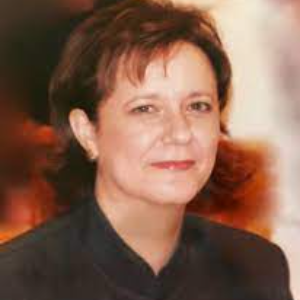Title : Use of a multifactorial fall protocol in primary care to reduce falls in older community dwelling adults
Abstract:
Background: Falls among older community dwelling adults 65 years and older claim at least one life every twenty minutes in the United States. Unintentional falls affect 28% of community dwelling adults aged 65 years and older. Only 50% of primary care providers perform fall risk assessments and fewer than 38% utilize multifactorial fall assessments. The purpose of this quality improvement (QI) project was to improve management of falls through implementation of an evidence-based multifactorial fall risk protocol in a primary care clinic aimed at decreasing fall rates among community dwelling adults 65 years and older.
Method: The Plan-Do-Study-Act (PDSAP and Diffusion of Innovations (DOI) provided theoretical frameworks for this project. This QI project used a retrospective chart review comparison and correlation design post-implementation of the STEADI fall protocol primary care. Aims included increasing provider and staff knowledge, use of the STEADI multifactorial fall protocol, and decreasing patient fall rates.
Results: The STEADI fall prevention protocol was used in 92% of patients. Fall assessments increased by 48% from prior year. Appropriate referrals for physical therapy or other disciplines were associated with high-risk patients (r = .43, p < .01). Other interventions included 30-day follow-ups for high fall risk patients, medication reduction, and home safety education. Fall rates decreased by 13.4% from pre-implementation (28.8%) to post-implementation (15.4%).
Implications: Use of the STEADI fall risk protocol in this primary care clinic improved provider and staff assessment and management of fall risk and decreased fall rates for patients aged 65 and older. This study helped to untangle the challenges of the nursing profession by providing an evidence-based multifactorial fall management protocol in effort to mitigate falls and the devastating consequences of falls. This study found importance in adherence to fall interventions in high-risk patients and provided a standardized method of assessment and individualized intervention.
Conclusion: Nursing practice should encourage the opportunity for aging-in-place and prevention of unintentional falls. This project provided support for the use of an evidence-based multifactorial fall management protocol in primary care and added to existing knowledge about fall management through multifactorial fall assessments and interventions.



